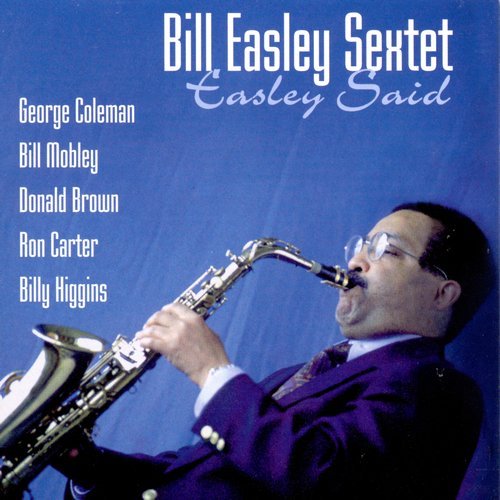Quicksilver Messenger Service - Reunion (2009)
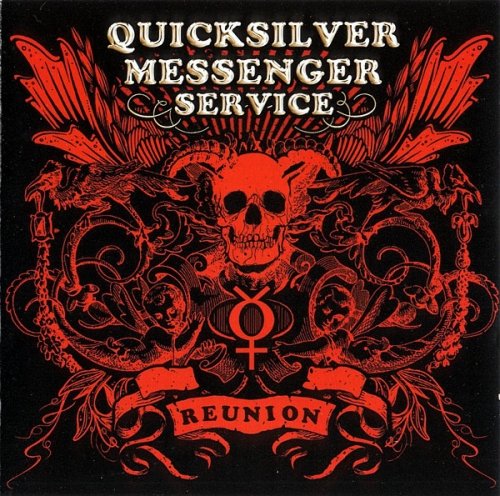
Artist: Quicksilver Messenger Service
Title: Reunion
Year Of Release: 2009
Label: Bear Records
Genre: Acid Rock, Blues Rock, Psychedelic Rock
Quality: Mp3 320 / Flac (image, .cue, log)
Total Time: 01:54:51
Total Size: 285/697 Mb (scans)
WebSite: Album Preview
Title: Reunion
Year Of Release: 2009
Label: Bear Records
Genre: Acid Rock, Blues Rock, Psychedelic Rock
Quality: Mp3 320 / Flac (image, .cue, log)
Total Time: 01:54:51
Total Size: 285/697 Mb (scans)
WebSite: Album Preview
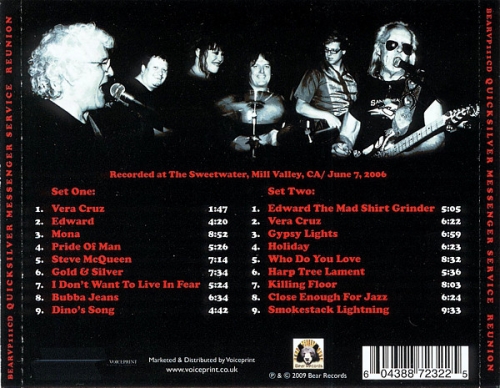
Tracklist:
Disc 1:
01. Edward The mad shirt grinder (1:47)
02. Vera Cruz (4:20)
03. Mona (8:52)
04. Pride of man (5:26)
05. Steve McQueen (7:14)
06. Gold & silver (7:34)
07. I don't want to live in fear (5:24)
08. Bubba Jeans (6:34)
09. Dino's song (4:42)
Disc 2:
01. Edward The Mad hirt Grinder (5:05)
02. Vera Cruz (6:22)
03. Gypsy lights (6:59)
04. Holiday (6:23)
05. Who do you love (8:32)
06. Harp tree lament (5:36)
07. Killing floor (8:03)
08. Close enouph for jazz (6:24)
09. Smokestack lightning (9:33)
The band that became Quicksilver Messenger Service originally was conceived as a rock vehicle for folk singer/songwriter Dino Valente (b. Nov. 7, 1943, d. Nov 16, 1994), author of "Get Together." Living in San Francisco, Valente had found guitarist John Cipollina (b. Aug. 24, 1943, d. May 29, 1989) and singer Jim Murray. Valente's friend David Freiberg (b. Aug. 24, 1938) joined on bass, and the group was completed by the addition of drummer Greg Elmore (b. Sep. 4, 1946) and guitarist Gary Duncan (b. Sep 4, 1946). As the band was being put together, Valente was imprisoned on a drug charge and he didn't rejoin Quicksilver until later.
Happy Trails They debuted at the end of 1965 and played around the Bay Area and then the West Coast for the next two years, building up a large following but resisting offers to record that had been taken up by such San Francisco acid rock colleagues as Jefferson Airplane and the Grateful Dead. Quicksilver finally signed to Capitol toward the end of 1967 and recorded their self-titled debut album in 1968 (by this time, Murray had left). Happy Trails, the 1969 follow-up, was recorded live. After its release, Duncan left the band and was replaced for Shady Grove (1970) by British session pianist Nicky Hopkins. By the time of its release, however, Duncan had returned, along with Valente, making the group a sextet.
Just for Love This version of Quicksilver, prominently featuring Valente's songs and lead vocals, lasted only a year, during which two albums, Just for Love and What About Me, were recorded. Cipollina, Freiberg, and Hopkins then left, and the remaining trio of Valente, Duncan, and Elmore hired replacements and cut another couple of albums before disbanding. There was a reunion in 1975, resulting in a new album and a tour, and in 1986 Duncan revived the Quicksilver name for an album that also featured Freiberg on background vocals.
Happy Trails They debuted at the end of 1965 and played around the Bay Area and then the West Coast for the next two years, building up a large following but resisting offers to record that had been taken up by such San Francisco acid rock colleagues as Jefferson Airplane and the Grateful Dead. Quicksilver finally signed to Capitol toward the end of 1967 and recorded their self-titled debut album in 1968 (by this time, Murray had left). Happy Trails, the 1969 follow-up, was recorded live. After its release, Duncan left the band and was replaced for Shady Grove (1970) by British session pianist Nicky Hopkins. By the time of its release, however, Duncan had returned, along with Valente, making the group a sextet.
Just for Love This version of Quicksilver, prominently featuring Valente's songs and lead vocals, lasted only a year, during which two albums, Just for Love and What About Me, were recorded. Cipollina, Freiberg, and Hopkins then left, and the remaining trio of Valente, Duncan, and Elmore hired replacements and cut another couple of albums before disbanding. There was a reunion in 1975, resulting in a new album and a tour, and in 1986 Duncan revived the Quicksilver name for an album that also featured Freiberg on background vocals.
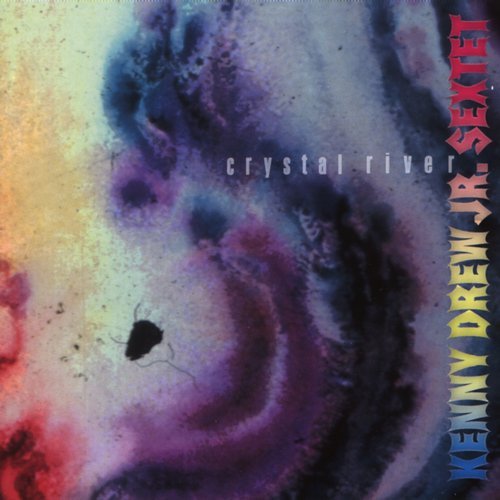
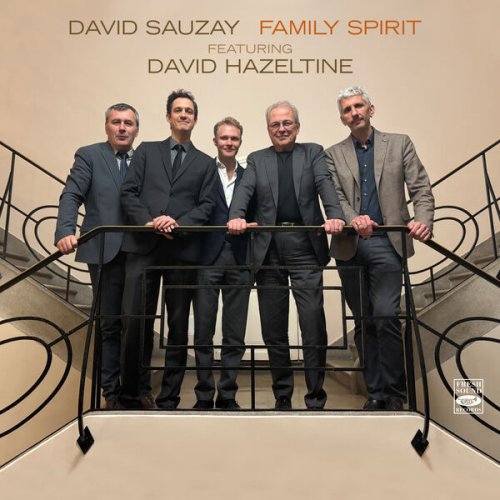
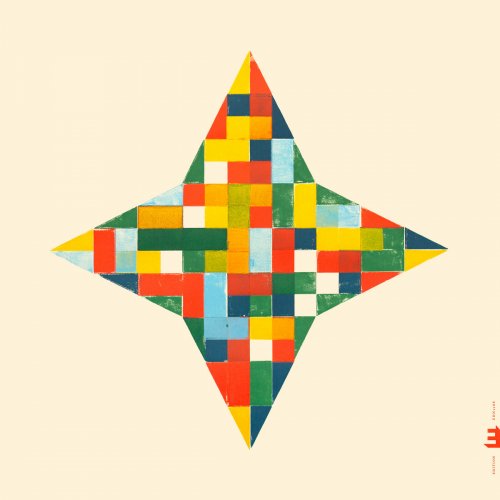
![Greg Foat & Sokratis Votskos with The Giorgos Pappas Trio - Impressions of Samos (2026) [Hi-Res] Greg Foat & Sokratis Votskos with The Giorgos Pappas Trio - Impressions of Samos (2026) [Hi-Res]](https://www.dibpic.com/uploads/posts/2026-02/1771506483_sa4kxxin052ht_600.jpg)
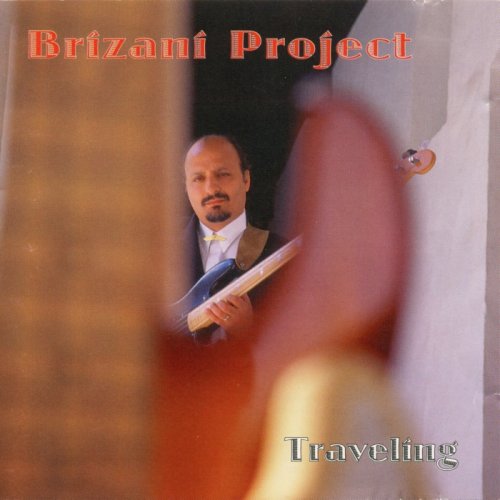
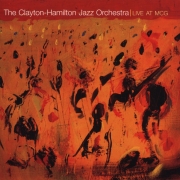
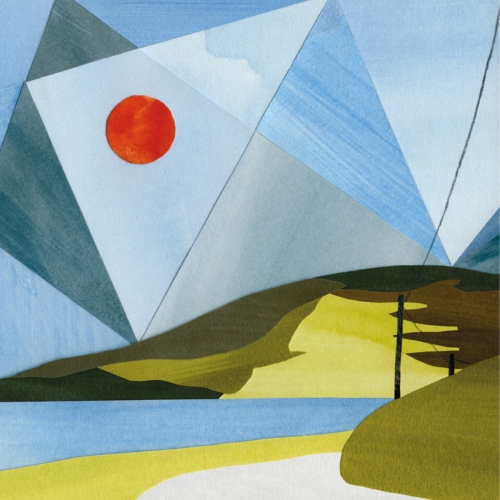
![Marco Mezquida - Táctil (2026) [Hi-Res] Marco Mezquida - Táctil (2026) [Hi-Res]](https://www.dibpic.com/uploads/posts/2026-02/1771330590_folder.jpg)
